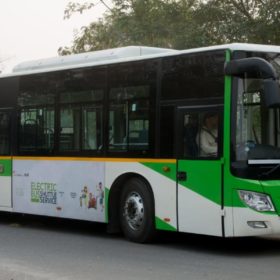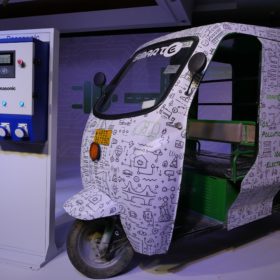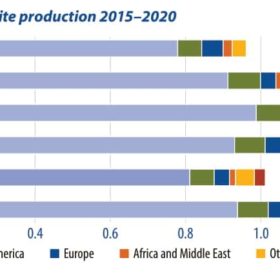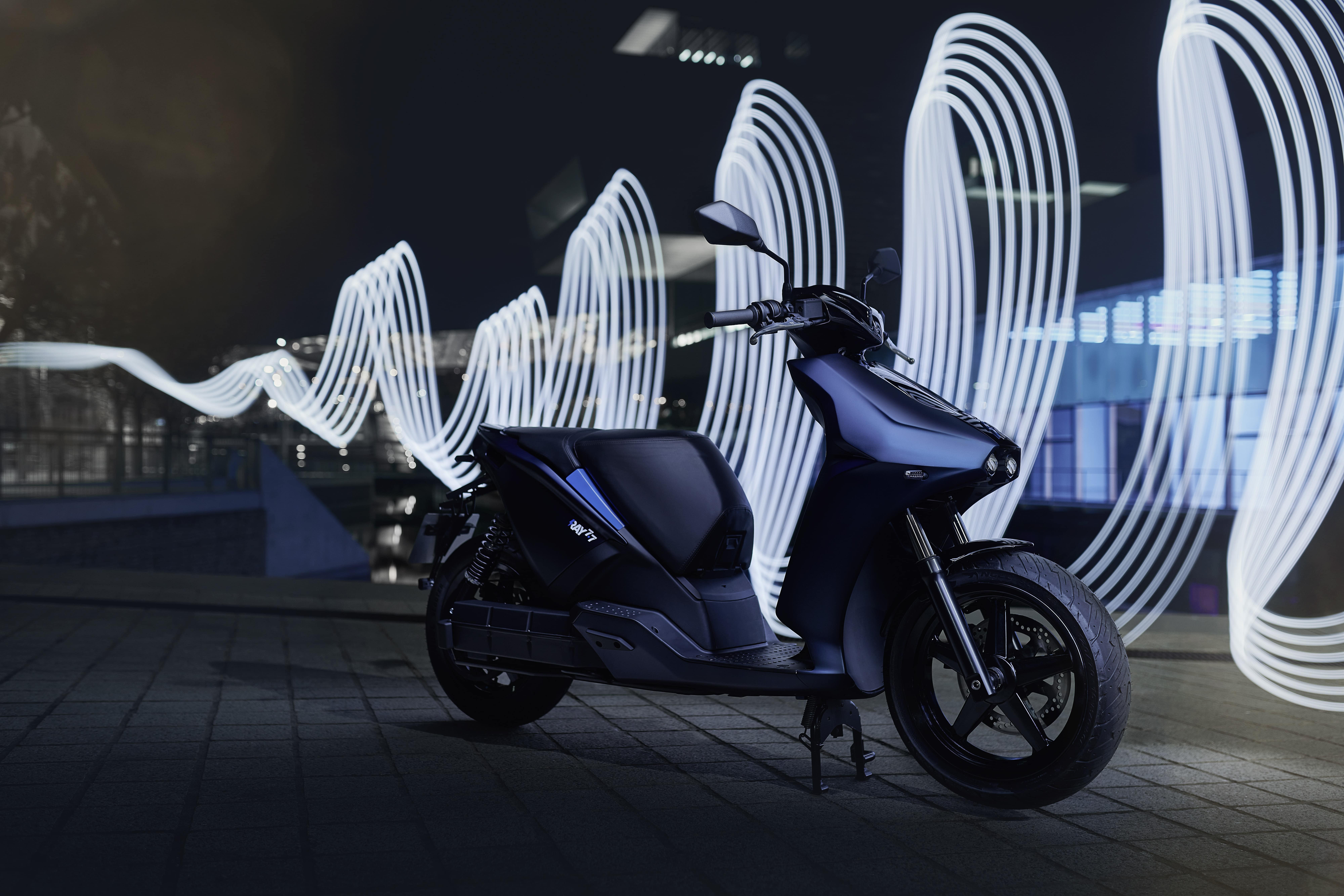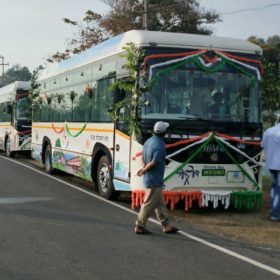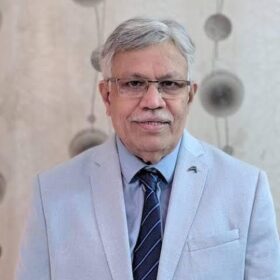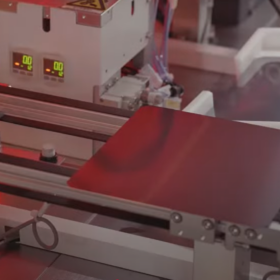Olectra wins 50 EV bus order for Gujarat
With the latest award, Hyderabad-based Olectra Greentech’s electric bus fleet size in Gujarat will grow to 250.
EverSource-backed GreenCell to deploy 3,250 electric buses in three years
The company will initially launch 750 electric buses across key intercity and inter-state transit routes in Southern and Western India. To support the e-bus rollout, it is also building a captive charging infrastructure network across highways with 600 DC chargers of 180/240 kW capacity rating.
The long read: Charging EVs with solar
Gautham Ram completed an electrical engineering degree in his home city of Chennai, India, and won a scholarship to complete a master’s at TU Delft in the Netherlands. He subsequently completed a PhD on the topic of charging EVs with solar. Speaking with pv magazine, Ram gave insights on his life, ongoing research, and his thoughts on EVs and charging.
FAME II subsidy scheme extended by two years
The second phase of the Faster Adoption and Manufacturing of (Hybrid) and Electric Vehicles (FAME) subsidy scheme to promote electric mobility in India will now run until March 31, 2024.
The long read: The ‘other side’ of batteries
Graphite’s pivotal role in electric-vehicle battery technology is coming under increasing scrutiny. Graphite is almost exclusively produced in China, and while the processing of the mineral poses serious environmental issues, the alternatives appear costly. Ian Morse looks at what’s next for critical graphite supplies.
In India, 67.6 million people live in cities embracing renewable energy in a big way
As of 2020, only 13 cities in India had renewable energy targets and/or policies in place. These cities, however, are home to a significant 67.6 million people.
India, Sweden to fund joint R&D in renewable energy and storage
The Department of Science & Technology, Government of India, and the Swedish Agency for Innovation Systems (Vinnova) have issued a call for joint R&D proposals in renewable energy, electric vehicles and energy storage. The deadline for the submission of proposals is May 6.
Indian electric rickshaw market could hit US$1.4 billion by 2025
The electric rickshaw market would grow at 33.3% annually over five years to touch $1,394.2 million by 2025.
Spanish EV startup selects ION Energy’s battery management system
The Spanish startup will use ION’s advanced battery management and intelligence technologies for its electric scooter, the RAY 7.7.
Andaman island rolls out electric buses
The project, comprising a fleet of 40 electric buses, is being implemented by NTPC Vidyut Vyapar Nigam Limited.

